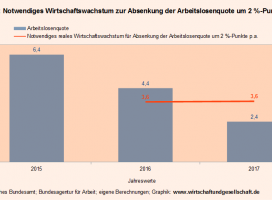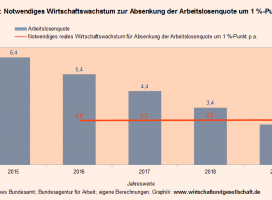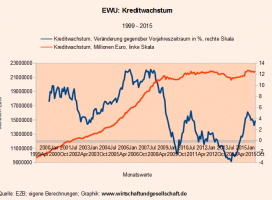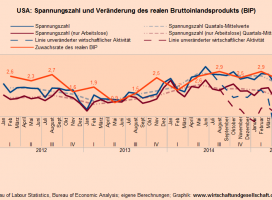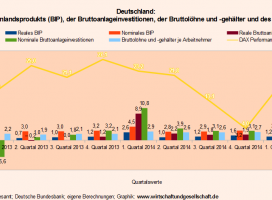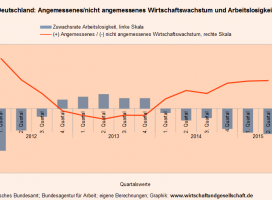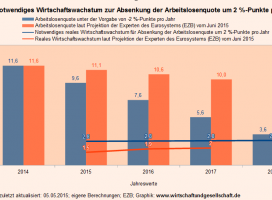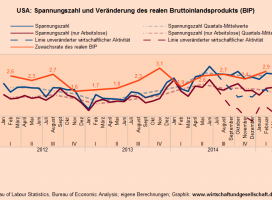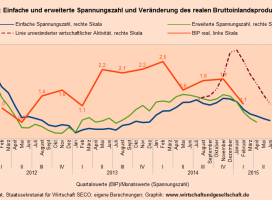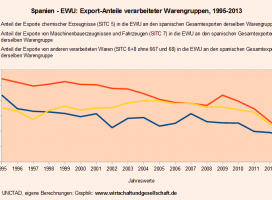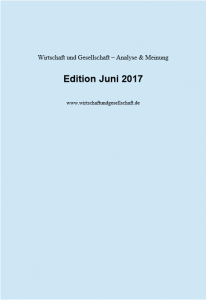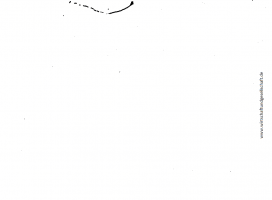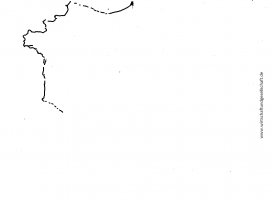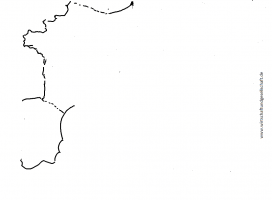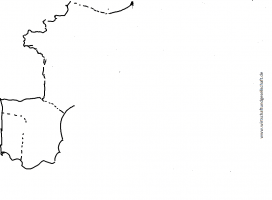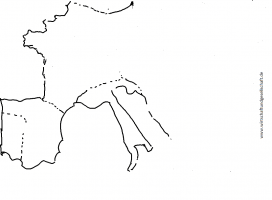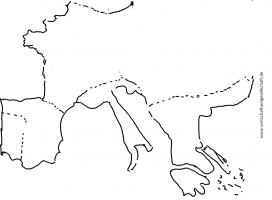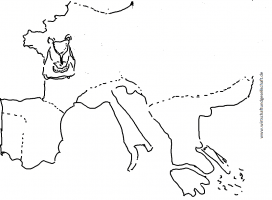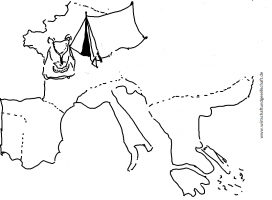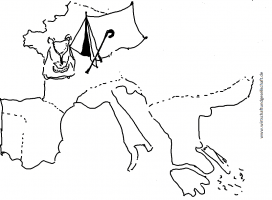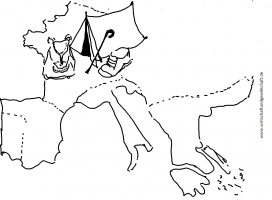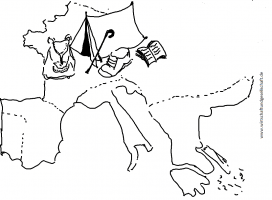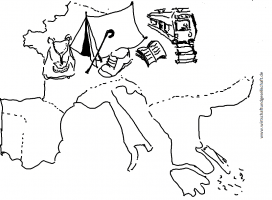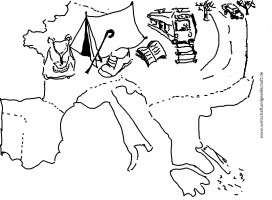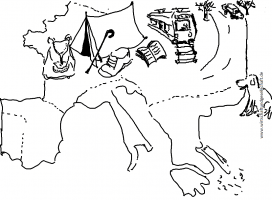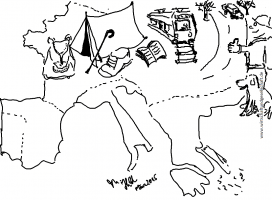Archiv für Wirtschaft
Frankreich vor der Wahl: Die Wirtschaftslage und ihre Bedeutung
Es gibt, so scheint es zumindest für die Wirtschaftswissenschaften und den Wirtschaftsjournalismus zutreffend, die ewigen Pessimisten und die ewigen Optimisten. Ein Paradebeispiel für den ewigen Pessimisten ist in Deutschland wohl der Ökonom Heiner Flassbeck, der nunmehr schon seit Jahren das Ende des Euros prophezeit und die Konjunktur regelmäßig in Grund und Boden schreibt – auf durchaus problematischer analytischer Grundlage, wie wir anderswo des Öfteren erläutert haben (siehe zum Beispiel und hier). Ein Paradebeispiel für den ewigen Optimisten ist in Deutschland demgegenüber wohl der Volkswirt und Spiegel-Online Kolumnist Thomas Fricke. Wenn beide eine Gemeinsamkeit haben, dann ist es die, dass die analytische und empirische Basis Frickes nicht weniger fragwürdig erscheint als die Flassbecks.
Italien, Süddeutsche Zeitung: Stefan Ulrich – Journalist oder Jünger?
English Summary: Something is wrong with German journalism on economic policy. The text analyses a recent example, an article on the development in Italy under “reform” lacking any empirical substance but being published in one of the most established German newspapers, Süddeutsche Zeitung. Whereas German investigative journalism on issues like the intelligence apparatus and public monitoring works quite well this is mostly not the case as far as investigative journalism on economic policy issues is concerned. The article questions why.
WuG unterwegs: Tag 40, 28. April 2015 – Valladolid – Salamanca (Teil 2)
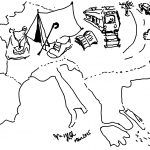
English Summary: From the 20th of March until the 9th July 2015 my Labrador and I were together on the road to and through southern Europe, walking, hitchhiking and by train (see also here). The experiences we made are being published as travel stories, under subscription and so far only in German language.
Taking Greece or what Europe can learn from Woodstock
Yesterday evening I had the pleasure to be invited to watch the movie “Taking Woodstock” produced in 2009 the year the famous Woodstock festival celebrated its 40th anniversary. Certain scenes, actually the whole movie, can teach the European Commission, the European Central Bank (ECB) and the International Monetary Fund (IMF) a pure macroeconomic and microeconomic lesson and therefore help to overcome the deep economic, social and, last but not least, political crisis in the European Monetary Union (EMU). However, it is not supposed to teach Germany a lesson, because Germany is not supposed to learn any lesson – as long as it is not really forced to do so. But perhaps the other countries and institutions concerned about the situation in the EMU will finally force Germany to learn. You never know. “Taking woodstock” could pave the way for it.



